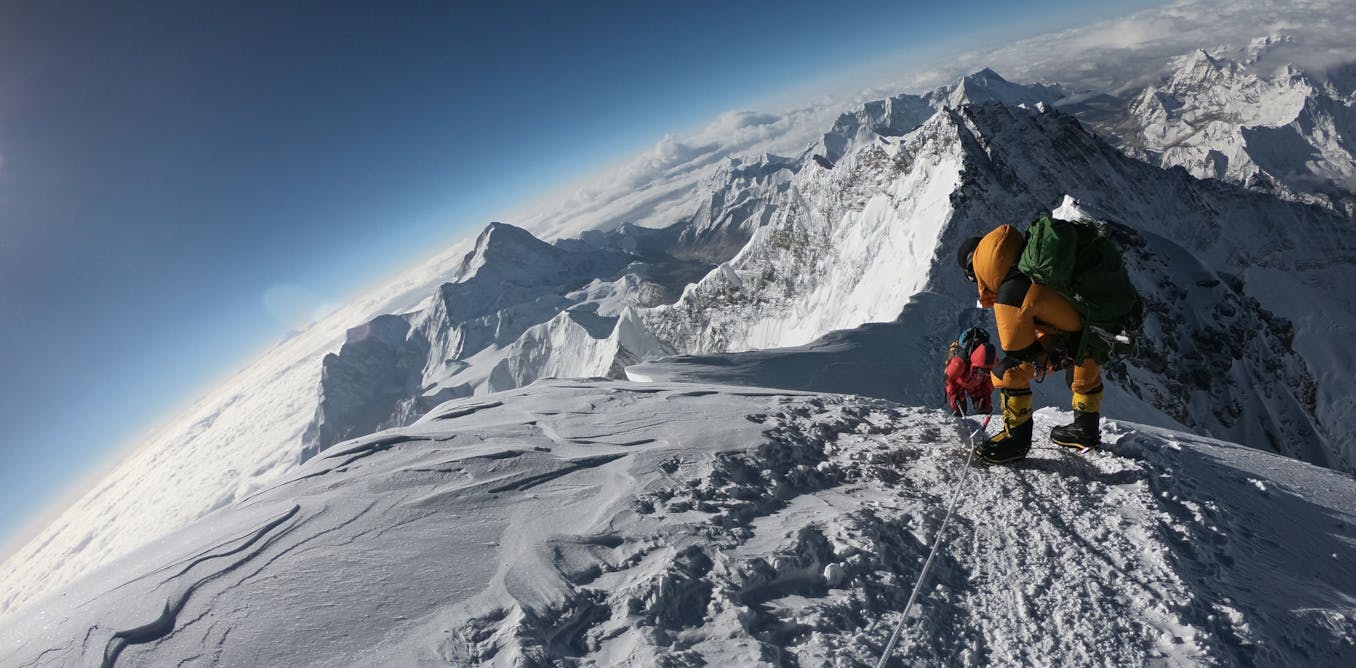Glacial lake outburst floods in Alaska and the Himalayas show evolving hazards in a warming world
Alaska has at least 120 glacier-dammed lakes, and almost all have drained at least once since 1985, a new study shows. Small ones have been producing larger floods in recent years.
Oct. 9, 2023 • ~8 min






